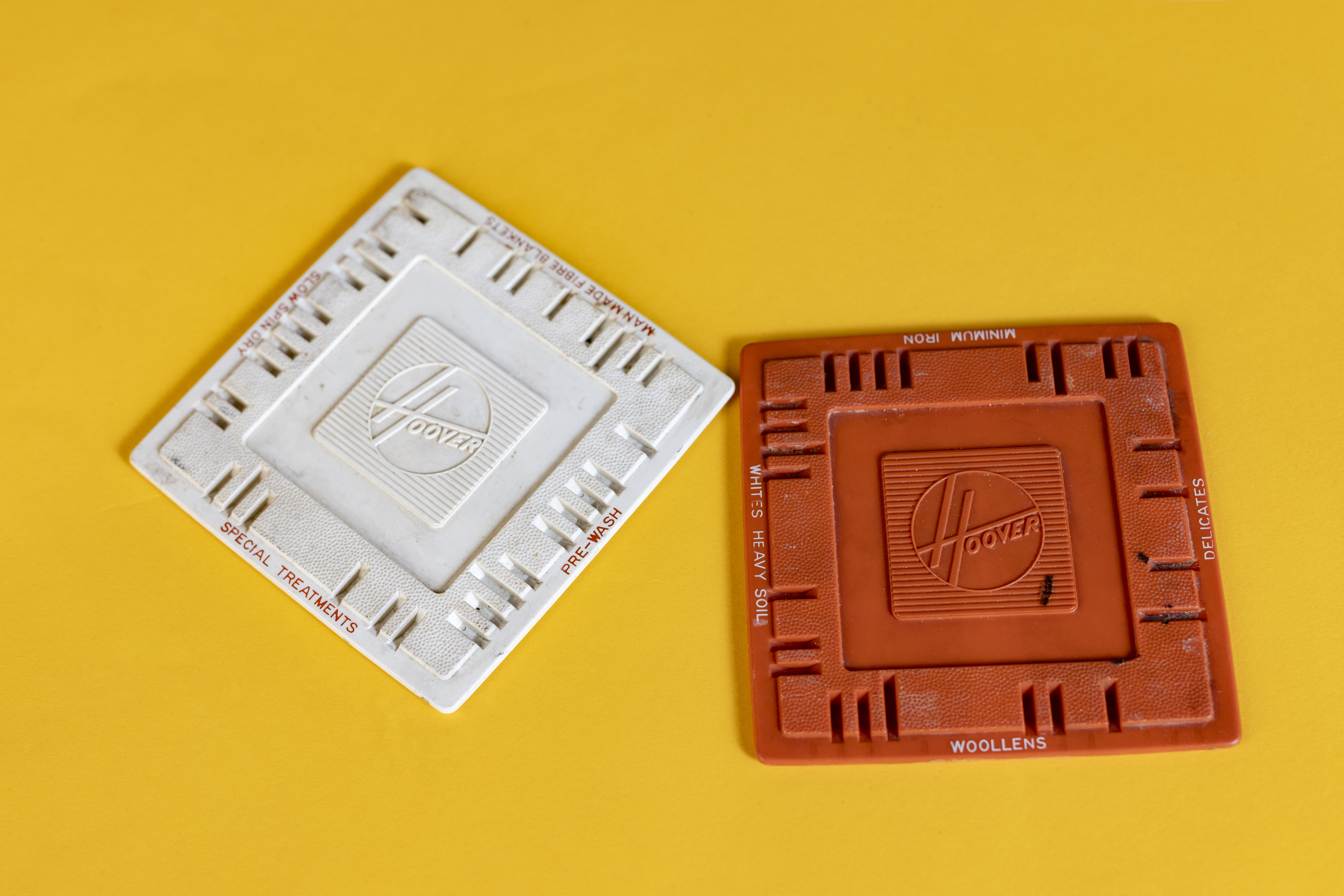The industrial revolution in the home may have meant the reduction or elimination of some tasks, but it also meant the creation of new, energy intensive ones. For example, people bought more clothes as their disposable income increased and industrial textile practices reduced the cost of manufacture, increasing the amount of laundry to be done.
Some of the washing machines in our film required filling with water, heating the water, hand-turning the washing in the machine drum, removing the wet clothing, putting it through the mangle, drying the laundry and still ironing it. All of these processes meant very little time was saved by using the new electric or gas machines. At the same time women often felt obliged when they had purchased an expensive electric or gas washing machine to no longer send their clothes to an industrial laundry or local washer woman.
Adults spent 26 hours a week in 1900 on domestic work, while by 2005 that had only reduced to 24 hours per week. For full-time housewives, the time spent on unpaid housework remained at around 50 hours per week for the entirety of the 20th century.
Those who do the cooking, cleaning, and caring in the home, unpaid, under-paid and unequal in terms of Gender, Race and Class, remain invisible
